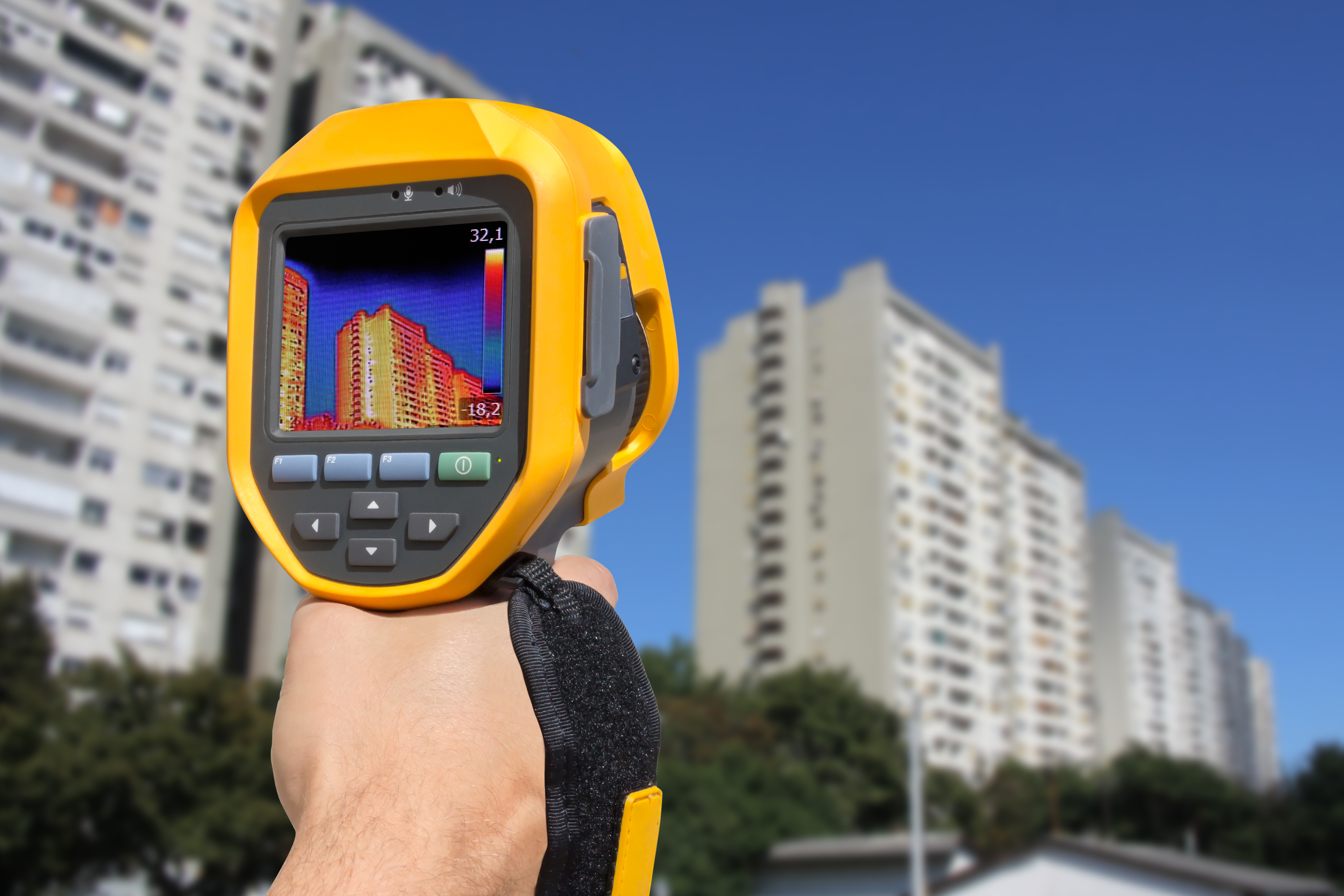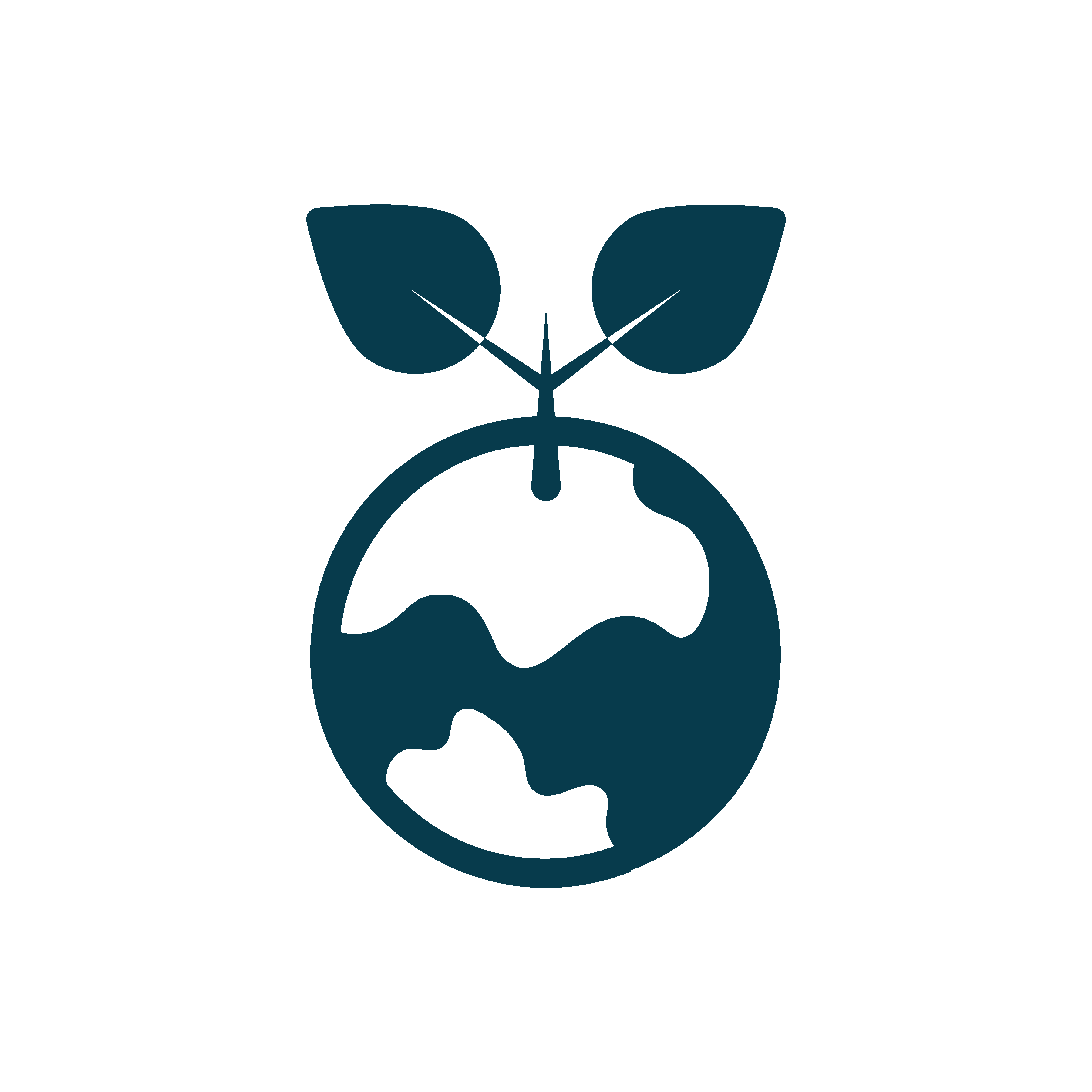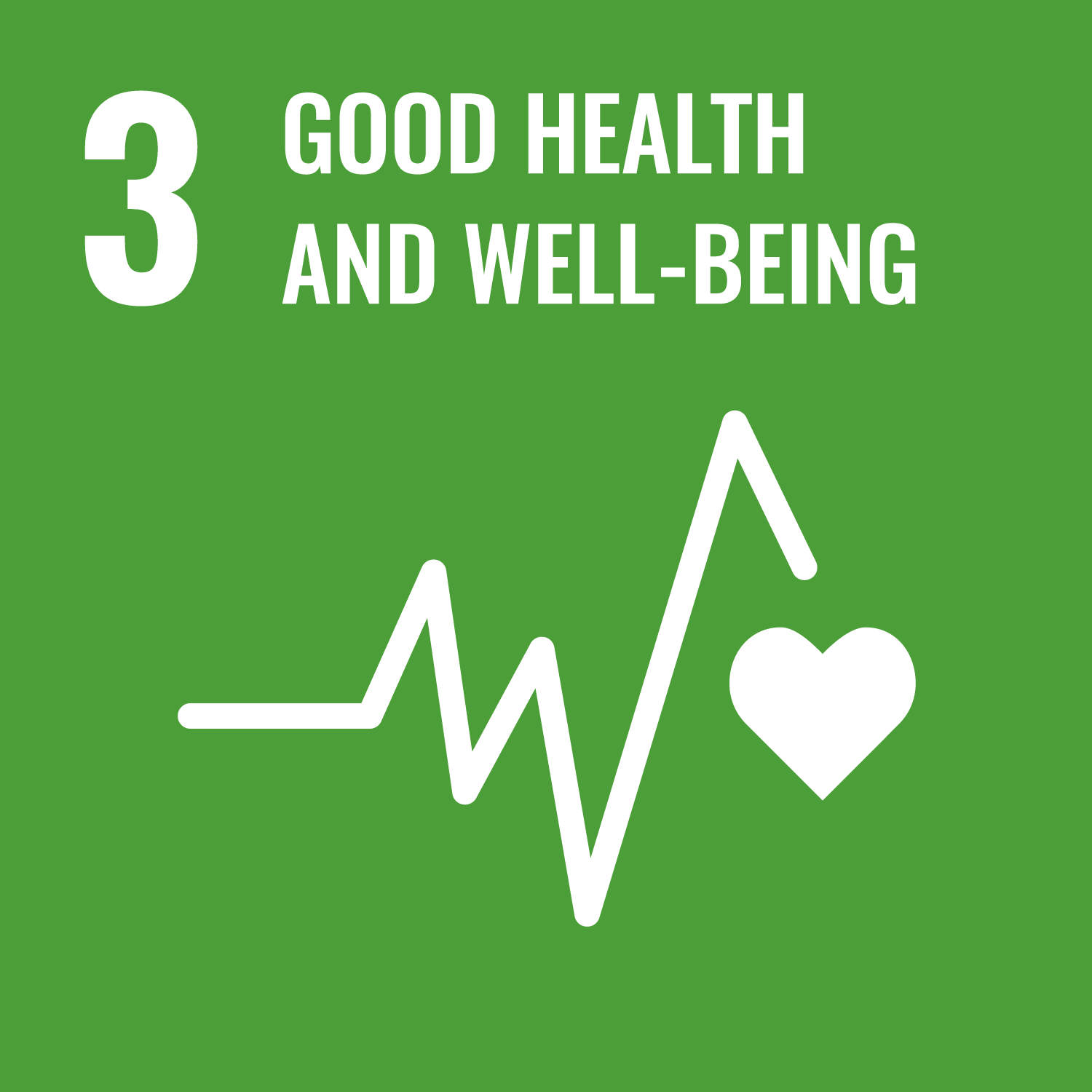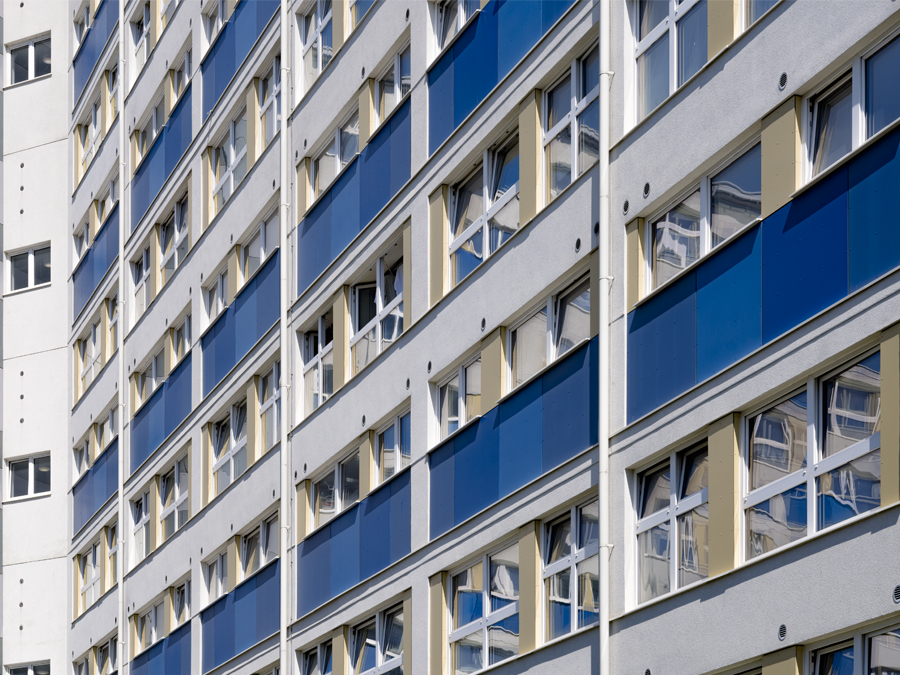Local/regional project
The project "Salford in Warmth" acknowledges that most effective way to tackle energy poverty is through improving fabric-based energy efficiency but recognises that problems such as limitations in the supply chain, demand and finance are barriers to the uptake of this approach. Accordingly, the project has been working with the local council to test the impact of low-cost measures on bills, comfort and health. The project has a budget between 10,000 and 100,000€ and 6 work streams:
- Community engagement – working with four Energy Champions to take part and share learning with friends and neighbours.
- Training – providing bespoke training for Helping Hands staff on energy efficiency, ventilation and health.
- Installation – low-cost high-quality measures installed by handypeople in Energy Champion homes.
- Quality assessment – airtightness testing and thermal imaging used to deepen handypeople’s knowledge of draught-proofing and assess the quality of installed works.
- Monitoring – temperature and humidity sensors, bill data and surveys used to understand the impact of the installed measures.
- Sharing learning – through a community event, video and a final report with recommendations.
It makes energy efficiency improvements available to those without sufficient funds for ""deep renovation"". Video interviews show that residents are pleased with the knowledge they have gained regarding their properties.
-

-
 Countries impacted:
Countries impacted:
United Kingdom -
 Geographical scale:
Geographical scale:
Regional and Local -
 Energy poverty phase:
Energy poverty phase:
Implementation -
 Intervention type:
Intervention type:
Communication campaignFinancial mechanismsStakeholders' Engagement -
 Professionals involved:
Professionals involved:
ResearcherTechnicianStudent -
 Type of funding:
Type of funding:
Local funds from Salford Council -
 Website:
Website:
Case website -
SDGs addressed:


Explore more

United Kingdom
Wilmcote House EnerPHiT

United Kingdom

